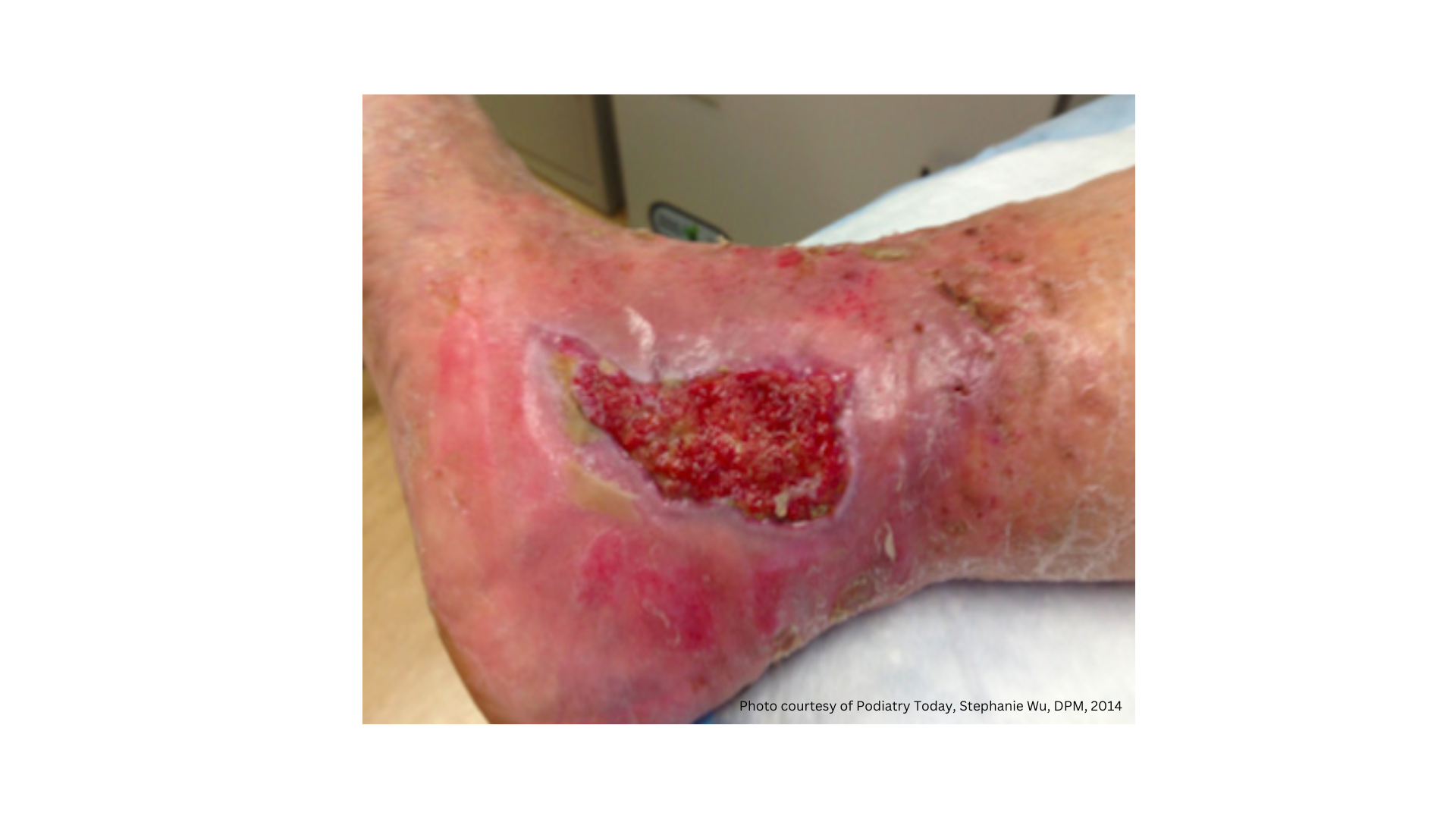The Power of Laughter Can Help Heal All Wounds
July 30, 2014
By Cheryl Carver, LPN, WCC, CWCA, FACCWS, DAPWCA, CLTC
From there to here, from here to there, funny things are everywhere. — Dr. Seuss
I have been referred to as the "crazy wound nurse" by many of my co-workers and patients throughout the years. I've been known to dance, sing, rap, and even do a cartwheel in the hallway when a wound has been given the status "HEALED." Why do I do this? No, I am not really crazy. I am just a passionate and caring wound nurse that has experienced both sides of the coin.
From chuckling, giggling, har-dee-har-haring, snickering, to snorting, these are the sounds of laughter bounding from our emotional core that help us feel better. In today's stressful world, we need to laugh as much as we can. Laughter lifts us up during tough times, and can sometimes help carry us through the day. We all need a daily dose of laughter.
Of course you can't just chuckle away your medical condition or heal your wound by laughing. However, there is a good deal of scientific research to support the idea that laughter can indeed improve our health and contribute to healing. There is a great deal of physical and emotional stress to the wound care patient AND caregiver. Depression and anxiety often go hand in hand.
Therapeutic Indications for Laughter in Medicine
Research has proved there is a long list of health care benefits. Laughter therapy has been shown to:
- Boost your immune and circulatory systems
- Enhance oxygen intake, while stimulating the heart and lungs
- Relax muscles
- Trigger the release of endorphins
- Ease digestion, and soothe stomach aches
- Relieve pain
- Balance blood pressure
- Improve mental health
- Reduce stress/tension and promote relaxation
- Improve sleep
- Enhance quality of life
The use of laughter has been used in medicine for years. The ancient Greek physicians prescribed laughter for their patients by visiting the hall of comedians. Early Native Americans used clowns to work with their witch doctors. They too realized the powerful effects of humor and laughter in healing. In the 13th century, surgeons used humor to distract patients from pain. Today more than ever before, people are turning to humor for therapy and healing. Laughter yoga, and other types of laughter therapy are becoming more complementary to clinics and hospitals. Medical journals now acknowledge laughter therapy is improving quality of life for patients with chronic illnesses.
Laughing becomes therapeutic for both the patient and the health care professional. I encourage you to make laughter a part of your everyday routine. We all need a prescription from our physician: Rx: A heaping cupful of belly aching laughter daily and PRN.
About the Author
Cheryl Carver is an independent wound educator and consultant. Carver's experience includes over a decade of hospital wound care and hyperbaric medicine. Carver single-handedly developed a comprehensive educational training manual for onboarding physicians and is the star of disease-specific educational video sessions accessible to employee providers and colleagues. Carver educates onboarding providers, in addition to bedside nurses in the numerous nursing homes across the country. Carver serves as a wound care certification committee member for the National Alliance of Wound Care and Ostomy, and is a board member of the Undersea Hyperbaric Medical Society Mid-West Chapter.
The views and opinions expressed in this blog are solely those of the author, and do not represent the views of WoundSource, Kestrel Health Information, Inc., its affiliates, or subsidiary companies.
The views and opinions expressed in this content are solely those of the contributor, and do not represent the views of WoundSource, HMP Global, its affiliates, or subsidiary companies.







